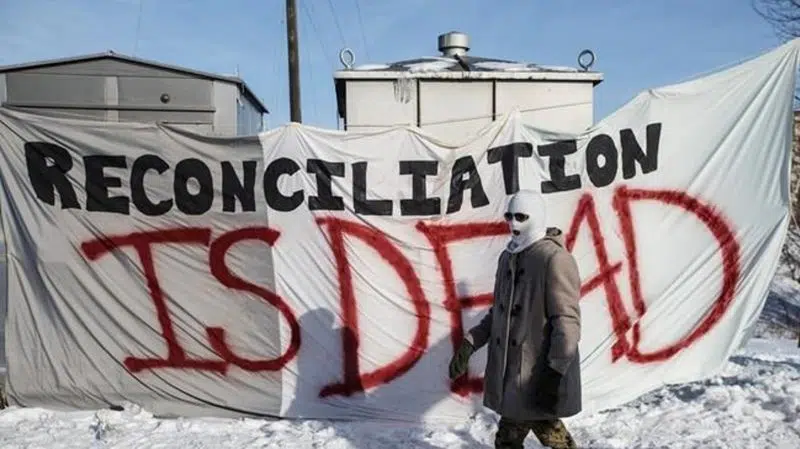
The latest on protests across Canada in support of anti-pipeline demonstrators
Here is the latest news on protests across Canada over a natural gas pipeline project in British Columbia:
The Conservatives have put a motion of no-confidence in the government on the House of Commons order paper.
Their House leader Candice Bergen says the Opposition has no faith in the Liberals’ ability to end the transportation blockades over a natural-gas pipeline in B.C.
The motion would require the support of all the opposition parties to bring down Prime Minister Justin Trudeau and force an election, though, and two of the leaders of those parties all but dismissed the idea.


